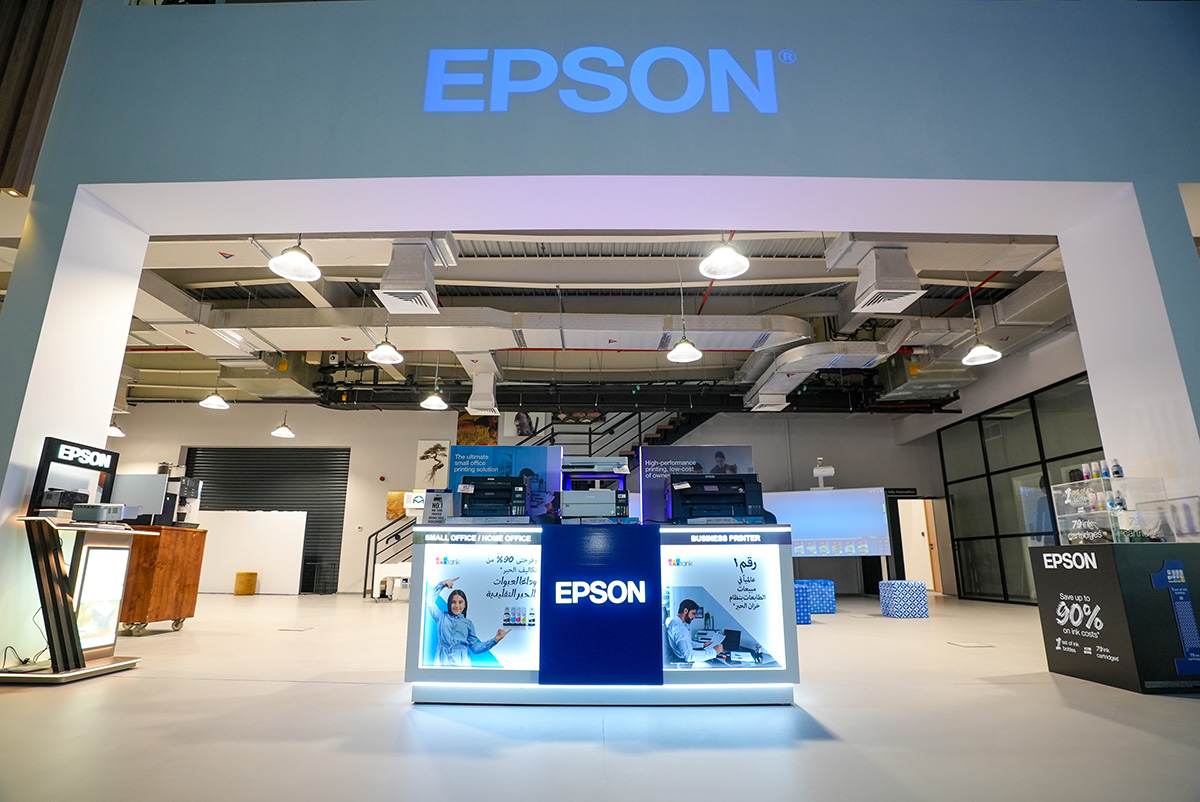Epson Sensing System Once Again Selected for Use in Building Health Monitoring System

Seiko Epson Corporation (TSE: 6724, "Epson") has announced that its sensing system is once again among those selected for use in a building health monitoring system that will be tested as part of a project (the Special Project for Reducing Vulnerability in Urban Mega-Earthquake Disasters) sponsored by the Japanese Ministry of Education, Culture, Sports, Science and Technology. Shake testing of an approx. 1:3.3 scale model of a medium-to high-rise reinforced concrete building outfitted with this monitoring system will take place from January 20-22, 2015, at the Three-Dimensional Full-Scale Earthquake Testing Facility (nicknamed "E-Defense") located in Hyogo, Japan.
This special project, which started in fiscal 2012 and is expected to run for five years, is one of the strategic projects being conducted under a broader ministry-sponsored earthquake and disaster research project in preparation for a predicted mega-earthquake or earthquake directly under the Tokyo metropolitan area. Testing of this monitoring system is to be conducted under a sub-project for studying the maintenance and restoration of urban functions. The objective is to build a system that enables the integrity of urban infrastructure to be rapidly assessed and any damage identified immediately after an earthquake.
Epson's system was also used in the shake tests conducted on a steel-structured high-rise building in December 2013. The sensors were able to obtain data that could be used to forecast detailed movements in each part of a high-rise building at the time of an earthquake, including the warping of experimental building materials that would be hard to spot with the naked eye.
As with the previous tests, the monitoring system to be used in the current shake tests on a reinforced concrete building employs a sensing (measurement) system based on Epson's small, high-precision M-G550-PC inertial measurement unit (IMU). System characteristics enabled by Epson's IMU include the following.
- Epson's six-axis IMU, which has gyroscopes on three axes and a triaxis accelerometer, can be installed on the frame and walls of a building to accurately measure the building's shaking and gyrations.
- The system, which incorporates 158 of these six-axis IMUs, is capable of 948-channel simultaneous ultra-multipoint measurement. In addition, since it is driven at 500 Hz, it can acquire up to 500 bits of data per second.
- The IMUs have a CAN [1] interface and two systems are connected in a series on each floor, enabling planar shake data to be captured for each floor. Also, the use of distributed system processing makes it possible to rapidly acquire the desired information within a predetermined scope.
The engineering laboratory of Shimizu Corporation, the construction company in charge of developing the monitoring system for the project, said that they were able to confirm the durability of Epson's sensors because they operated flawlessly in each stage of the previous experiments until the test building was destroyed. Using these results, they hoped to continue working with Epson to help create buildings that people could use with complete peace of mind.
A mega-earthquake or powerful earthquake with its epicenter beneath Tokyo would make it necessary to determine whether buildings can continue to be used. However, with far too few inspectors to perform the visual and other inspections needed to determine the safety of a vast number of structures, it would take an enormous amount of time to obtain the information necessary to make this determination. This is why it considered essential to have a system in place that is capable of rapidly evaluating and determining the condition of structures. This is also why there is an urgent need to establish a technique for accurately identifying hidden damage that is not outwardly visible.
"Given current social and technological changes, Epson believes that the need for precision sensors that can make previously invisible information visible will only grow going forward," said Yoshiyuki Moriyama, chief operating officer of sensing systems at Epson." Epson will continue to leverage its unique technology to provide IMUs and other sensing systems that significantly contribute to our customers' products and services".
See the attachment for more details of this system.
[1] CAN (controller area network): A network protocol used for automotive and industrial applications
About Epson
Epson is a global innovation leader whose product lineup ranges from inkjet printers and printing systems, 3LCD projectors and industrial robots to sensors and other microdevices. Dedicated to exceeding the vision of its customers worldwide, Epson delivers customer value based on compact, energy-saving, and high-precision technologies in markets spanning enterprise and the home to commerce and industry.
Led by the Japan-based Seiko Epson Corporation, the Epson Group comprises more than 73,000 employees in 94 companies around the world, and is proud of its ongoing contributions to the global environment and the communities in which it operates.
http://global.epson.com/
About Epson Europe Electronics GmbH
Epson Europe Electronics GmbH is a marketing, engineering and sales company and the European Headquarters for electronic devices of the Seiko Epson Corporation, Japan.
Since 1989 headquartered in Munich/Germany with 50 employees, Epson Europe Electronics GmbH has several European sales representatives and has a European-wide network of distributors. Epson Europe Electronics provides value added services for Semiconductors, Sensors, Sensing Systems and Timing Devices targeted to all markets like industrial, automotive, medical and communication. Epson products are recognized for energy saving, low power, small form factors and rapid time to market.
Information about Epson Europe Electronics GmbH is available in the Internet under www.epson-electronics.de
Author profile
Epson Blog Team
Our team of bloggers have a passion for how technology can improve your lives and want to share this with you.
About Epson
Epson is a global technology leader dedicated to co-creating sustainability and enriching communities by leveraging its efficient, compact, and precision technologies and digital technologies to connect people, things, and information. The company is focused on solving societal issues through innovations in home and office printing, commercial and industrial printing, manufacturing, visual and lifestyle. Epson will become carbon negative and eliminate use of exhaustible underground resources such as oil and metal by 2050.
Led by the Japan-based Seiko Epson Corporation, the worldwide Epson Group generates annual sales of around JPY 1 trillion.

 Previous post in category
Previous post in category



